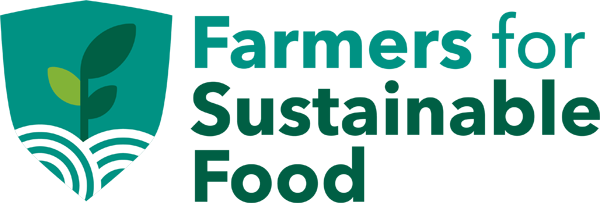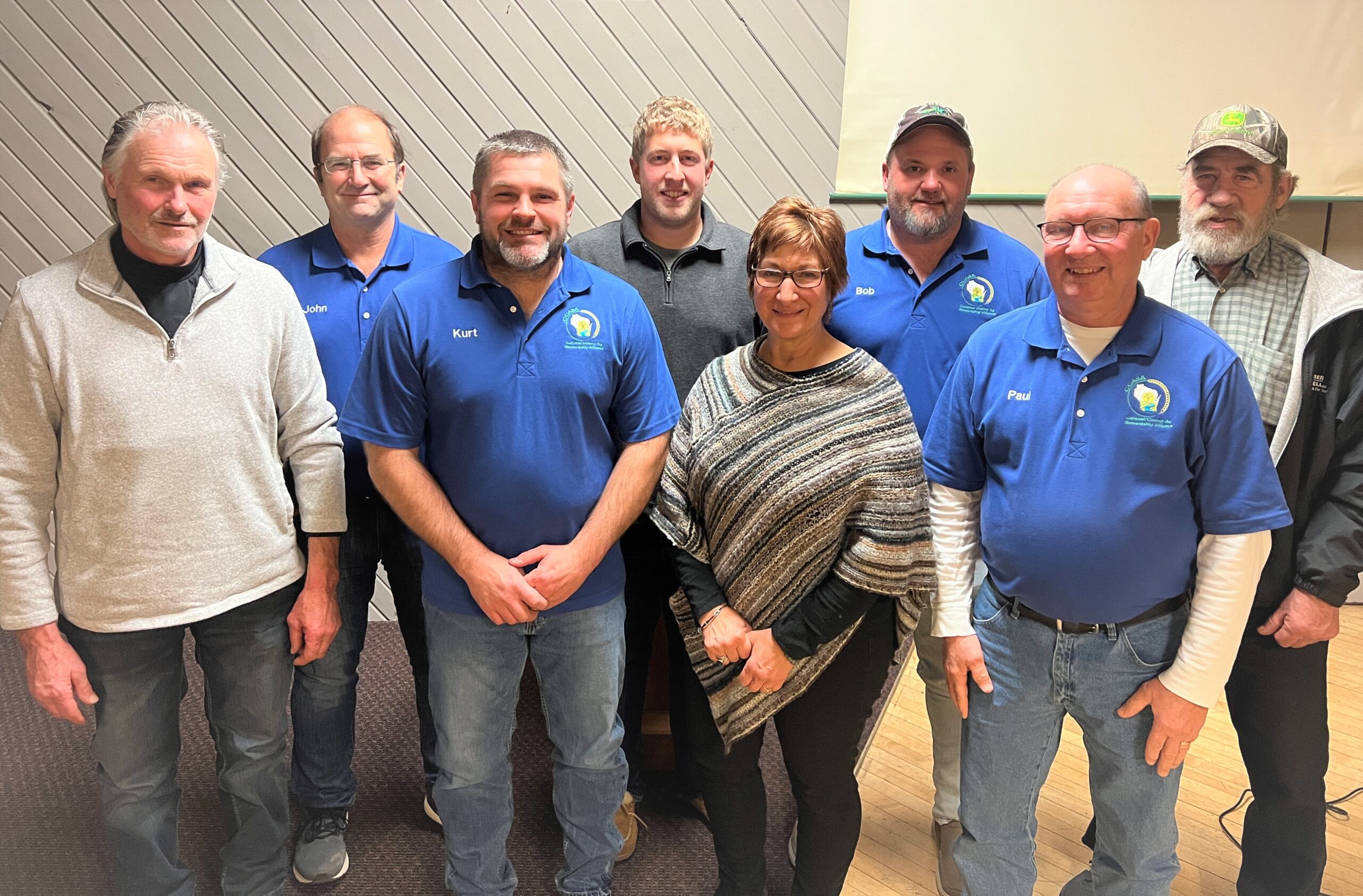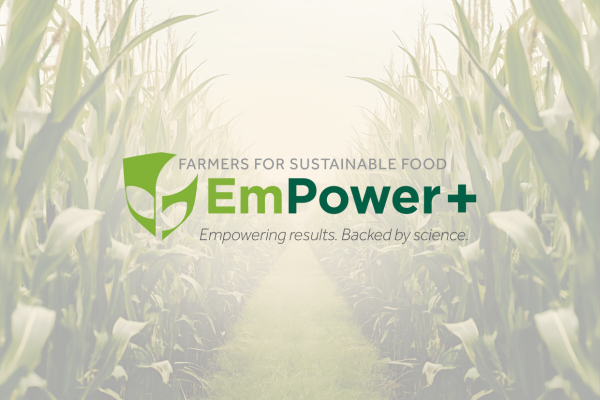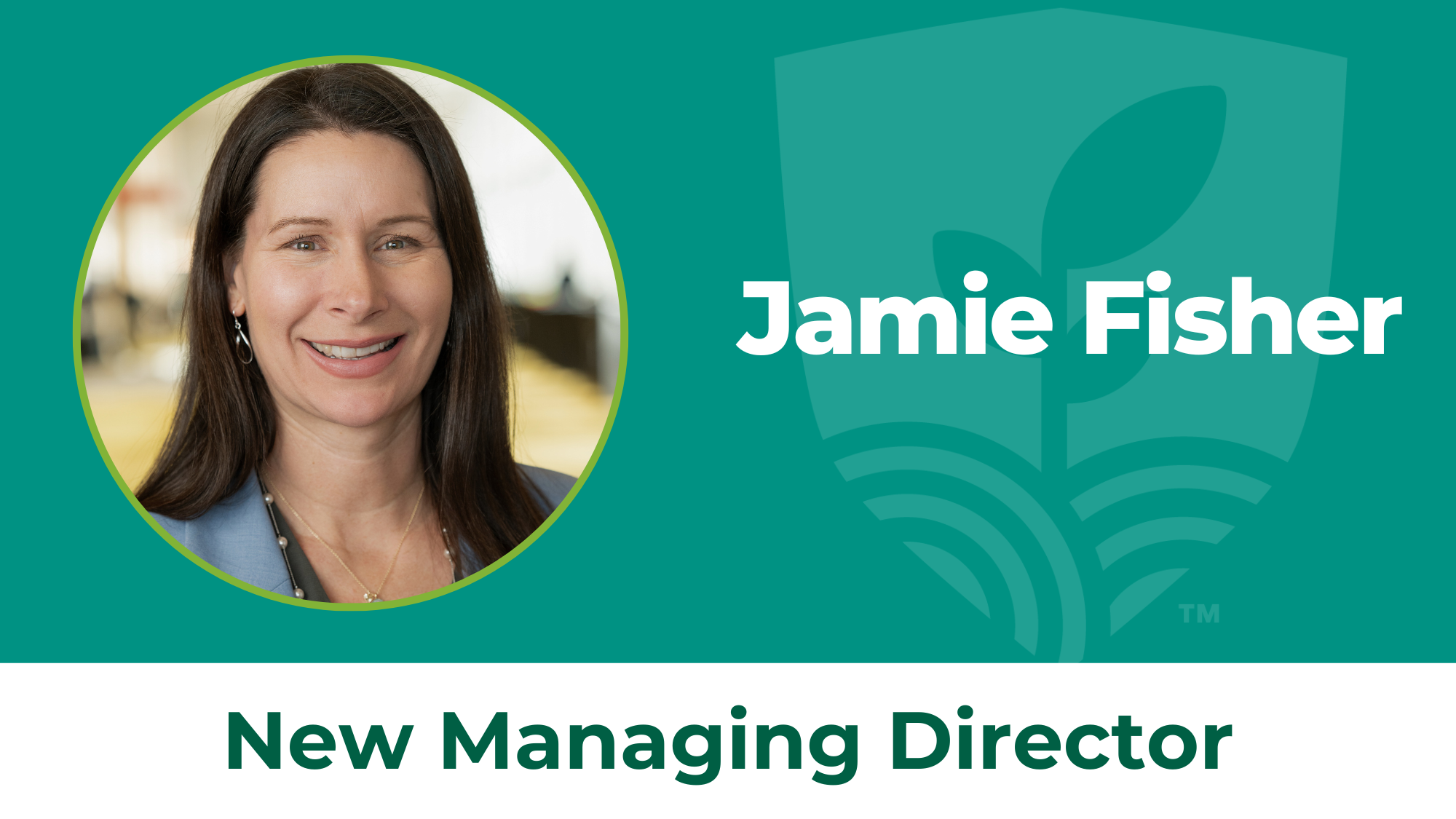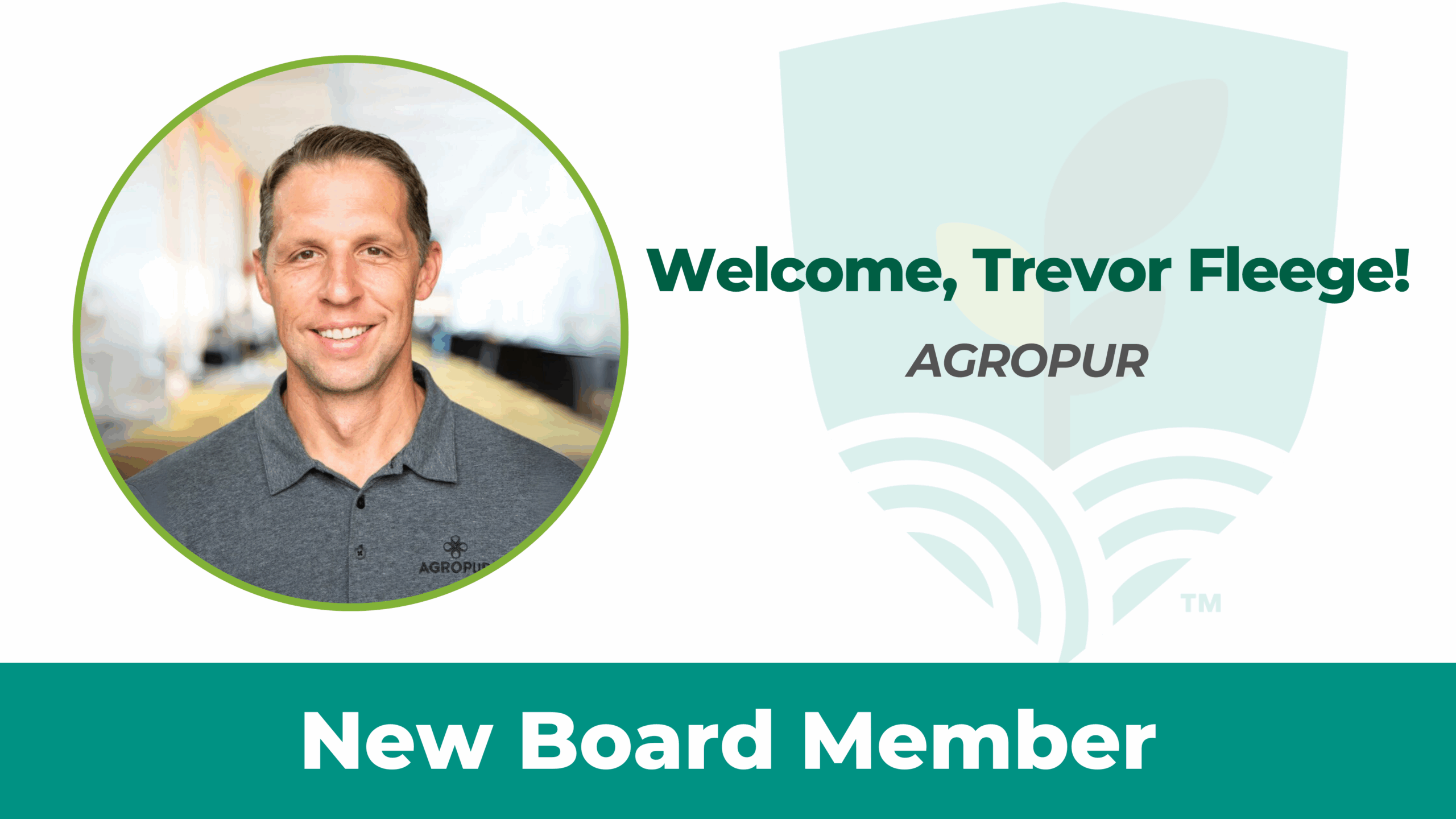Calumet County Ag Stewardship Alliance elects new board members at annual meeting
Calumet County Ag Stewardship Alliance (CCASA), a farmer-led conservation group, held its annual meeting on Jan. 24. Nearly 40 farmers, industry leaders and community members gathered to learn about the group’s continued effort to grow conservation practices throughout the county.
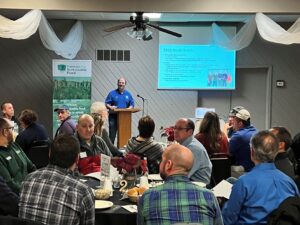 CCASA president John Schwarz shared the group’s accomplishments from 2022. The group has grown to 23 members, hosting three events last year — including a farm tour with Governor Evers. It offered another year of cost-share programs supported by DATCP and The Nature Conservancy. The group’s goals for 2023 consist of continuing cost-share programs, well-testing, increasing membership and its member conservation practice survey.
CCASA president John Schwarz shared the group’s accomplishments from 2022. The group has grown to 23 members, hosting three events last year — including a farm tour with Governor Evers. It offered another year of cost-share programs supported by DATCP and The Nature Conservancy. The group’s goals for 2023 consist of continuing cost-share programs, well-testing, increasing membership and its member conservation practice survey.
Members take a conservation survey each year to measure the group’s growth. Shawn Wesener, data collection specialist from Farmers for Sustainable Food, shared the group’s expansion to 18 farm members representing 23,801 livestock and 23,664 acres — a 67% increase in cropped acres since 2020. The survey also showed that CCASA actively manages nitrogen; 94% of members have a Nutrient Management Plan. All members have a portion of acres in cover crops and do some reduced-till or no-till with their cover crops. The group’s progress in such a short time continues to drive excitement.
Attendees also heard from guest speakers about utilizing cover crops in feed rations and how they can learn from and participate in state and federal programs.
Dan Brick of Brickstead Dairy is a participating farmer in the Lower Fox Demonstration Farms Network. He spoke about his goals of using cover crops to feed his livestock and having a high-value forage from cover crops that feed milking cows and dry cows. He feels it’s an ongoing cycle at his farm.
“Feeding the cows takes feeding the soil,” Brick said.
The focus is on quality rather than quantity. Brick shared it takes some management to time out harvest right. For example, he wants to harvest the rye or triticale to keep the plant quality before it heads out. Brick stressed working with your custom harvester. In his trials, he also found benefits in using the county-owned roller-crimper to terminate the standing cover crop and interseeder to plant cover between rows of planted corn.
Aaron Wunderlin from Discovery Farms also shared their outreach program on on-farm water quality and experiments happening in the region. They currently have two types of monitoring in several projects around the state, nitrogen leaching and edge of field. He showed the methods of the program and how they design studies with controls. This spring, a member of CCASA will be installing a research area on a local farm. He shared his gratitude for the farmer’s participation.
“We really appreciate the farmers cooperating with us to help understand the water quality across these regions,” Wunderlin said.
Joe Smedberg also briefly updated the group on USDA – NRCS programs for 2023 and beyond. He highlighted a significant amount of money coming to conservation and wanted to express the importance of getting those funds to the farmers doing the work.
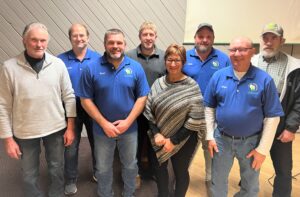
As CCASA continues to grow its membership, it also expanded the board of directors at this year’s meeting. CCASA elected a full board, including John Schwarz, president; Kurt Schneider, vice president; John VandenBoom, treasurer; Barbara Fett, secretary; Paul Meyers; Ken Rach; Bob Danes; Jim Casper and Dave Geiser.
For more information on events in 2023, follow CCASA on Facebook at facebook.com/CalumetCountyAgStewardshipAlliance or check out their new website www.calumetcounty.org/CCASA
